|
|
|
The dawning of a new day in Ontario politics
|
|
After a wild election in Canada’s most populous province, Doug Ford has been elected premier with approximately 40 per cent of the vote, giving him a majority government. Today in The Conversation Canada, we have two analyses for you, both exploring what’s in store for the province under its new leader.
Brian Budd of the University of Guelph writes about Ford Nation Redux, and how Ford owes more of his populism to his late brother Rob Ford than Donald Trump, while Peter Graefe of McMaster University tells us how Ford will have to walk a precarious tightrope to hold onto support from voters on the margins who determined the outcome.
In other news today, we have another insightful analysis of the Trans Mountain Pipeline expansion, this one from Peter Dietsch of the Université de Montréal. A “real compromise” is the only way through this divisive controversy, says Dietsch, which could be achieved by a radical transformation of the Alberta economy. “The price tag of such a program would be $1.75 billion per year, and $8.75 billion in total,” writes Dietsch – less than the cost of buying and expanding the pipeline.
Finally, David Taylor of the University of Winnipeg offers an inspiring story from Manitoba, where schoolchildren are accessing Indigenous wisdom in the classroom. He describes the development of multimedia teaching resources that “offer insights into a circular world view, help us understand the idea of stewardship and invite us to be responsible participants in relationship with the land.”
Have a great weekend. Editor Scott White will have a collection of compelling weekend reads for you in his Saturday newsletter.
|
Lee-Anne Goodman
Politics, Business + Economics
|

|
|
Ontario Election
|
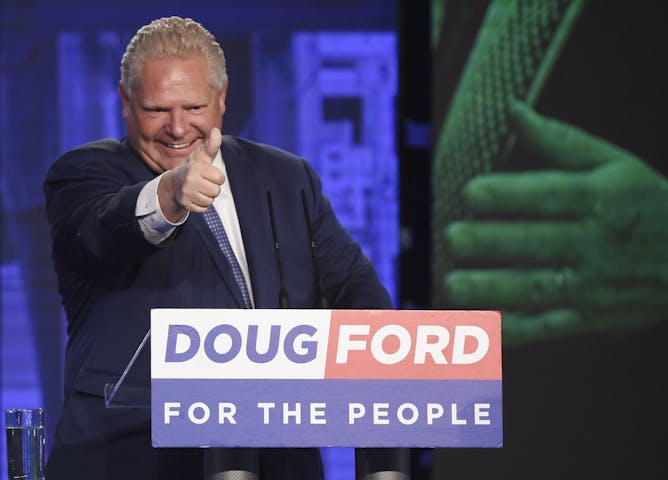
Ontario PC leader Doug Ford reacts after winning the Ontario election to become the new premier in Toronto, on June 7, 2018.
THE CANADIAN PRESS/Nathan Denette
Brian Budd, University of Guelph
Ford Nation is once again a force in Ontario politics following Doug Ford's majority victory in the provincial election. What will his premiership mean for the province?
|
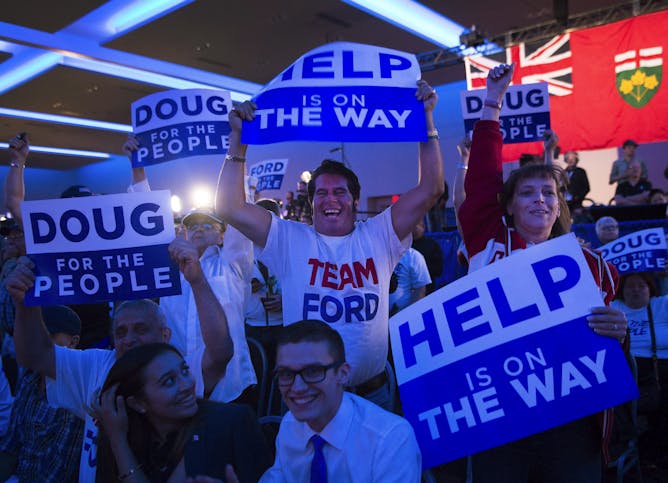
Ontario PC supporters react after Doug Ford was elected premier of Ontario on June 7, 2018.
THE CANADIAN PRESS/Nathan Denette
Peter Graefe, McMaster University
Doug Ford will have to work hard to hold onto voters who feel marginalized and cast their ballots for him seeking order and stability. Here's why that could be a challenge.
|
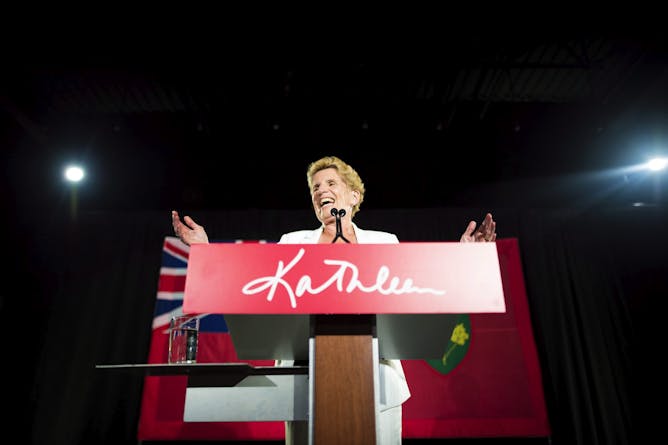
Ontario Premier Kathleen Wynne acknowledges her supporters following the defeat of her party in the provincial election on June 7.
THE CANADIAN PRESS/ Tijana Martin
Sharlee Cranston-Reimer, Brock University
How has sexuality, gender and race played a role in the career of Kathleen Wynne, who stepped down as Ontario Liberal leader after her party's disastrous showing in the provincial election?
|
Today's Featured Articles
|
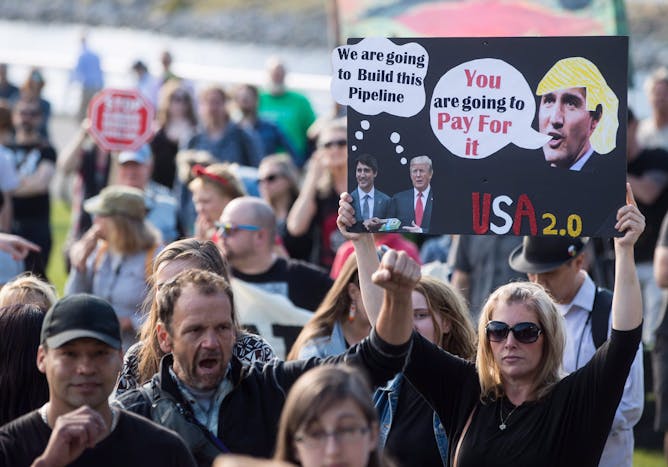
Demonstrators protest the Trans Mountain pipeline expansion – and compare Justin Trudeau to Donald Trump – at a gathering in Vancouver on May 29, 2018. The controversy over the pipeline requires a national compromise.
THE CANADIAN PRESS/Darryl Dyck
Peter Dietsch, Université de Montréal
The Trans Mountain Pipeline Expansion is fast becoming one of the most divisive issues in Canadian politics in years. Here's how a compromise can be reached.
|
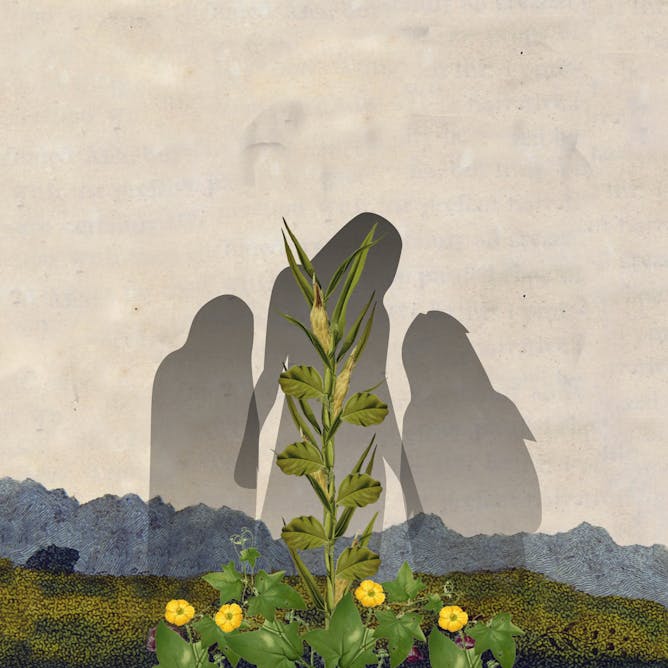
New curriculum resources in Manitoba, Canada, integrate Indigenous perspectives through inquiry, video, images, quotes, arts, activities and exemplars.
(New World Ideas)
David Taylor, University of Winnipeg
Innovative teaching resources in the province of Manitoba, Canada, introduce schoolchildren to concepts of interdependence and reciprocity with the land.
|
Business + Economy
|
-
Natasha Ezrow, University of Essex; Andrew Glencross, Aston University; Dennis R. Schmidt, Durham University; Felia Allum, University of Bath; Ra Mason, University of East Anglia; Steve Hewitt, University of Birmingham; Victoria Honeyman, University of Leeds
Seven world leaders with axes to grind are preparing to sit round one table. Sparks will fly.
|
|
Culture + Society
|
-
Gery Karantzas, Deakin University
The only way to get through a breakup is to experience your emotions, but not brood on them.
|
|
Science + Technology
|
-
Monica Grady, The Open University
New discovery is not a proof for life on Mars, but we are definitely getting closer.
|
|
| |
| |
| |
| |
| |
| |
|
|
|
|
|
|
|